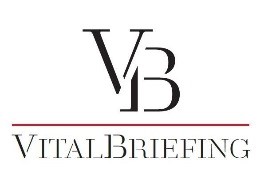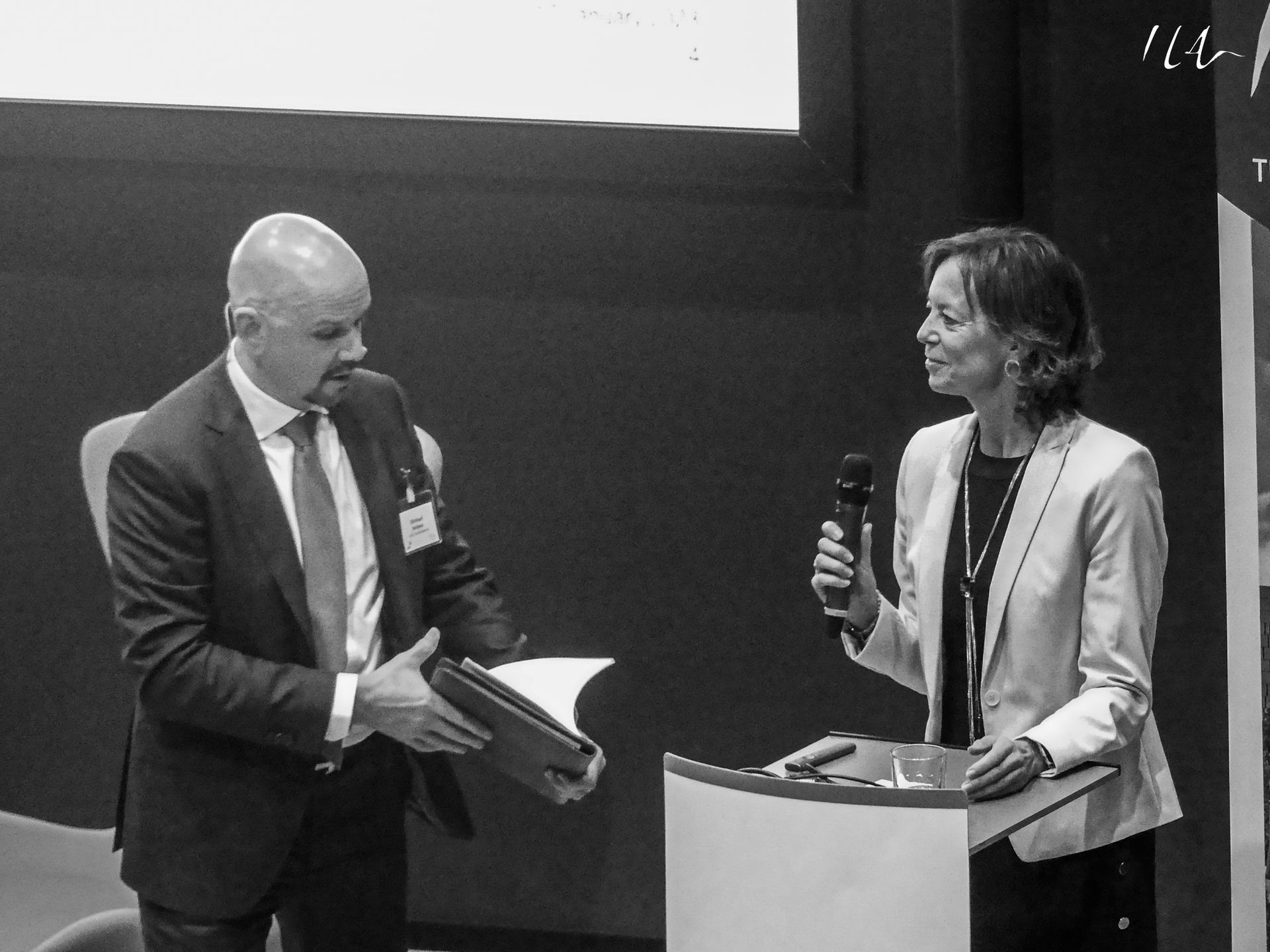Pressure builds on boards to ensure companies can report credible climate and social impact policies
Boards of directors are facing increased responsibility for the response of their companies to climate change and reporting to shareholders and regulators, as well as other stakeholders such as employees, on what efforts they are making - or not - to reduce emissions of carbon dioxide and other greenhouse gases. While asset managers in the EU have found themselves in the firing line over their compliance with the Sustainable Finance Disclosure Regulation, it will soon be the turn of up to 50,000 listed and other large and medium-sized companies across Europe that will progressively become subject to the Corporate Sustainability Reporting Directive, which will require companies to publish details on their environmental and social impact exposure as well as remedial measures and governance data, starting in 2025. Fitch Ratings says the mass downgrading of funds with the highest sustainability classification under the SFDR's article 9 illustrates the risk of reputational damage if companies are accused of greenwashing. This also applies to other aspects of social and environmental impact; activist groups are suing French food multinational Danone for allegedly failing to reduce its use of plastics, even though many analysts believe the group has made greater efforts than most of its competitors.
Key Governance Developments
CEOs believe geopolitical instability will undermine UN Sustainable Development Goals
Almost 90% of CEOs believe that the current geopolitical instability will hamper efforts to fulfil the UN Sustainable Development Goals by the target year of 2030, according to the 2022 United Nations Global Compact-Accenture CEO Study. Almost all respondents agree that sustainability is a key element of their roles but they likewise face extreme challenges to their businesses, including climate change but also supply chain disruption, faltering support for multilateral trade and socioeconomic instability. However, the CEOs polled say they are already embedding sustainability into their businesses through the launch of new products and services, enhancing sustainability data collection across their value chains and investing in renewable energy sources; 49% say they are transitioning to circular business models, and 40% are increasing R&D funding for sustainable innovation.
Best source: ESG Clarity
See also: United Nations Global Compact
Large asset managers often voted against ESG shareholder resolutions in 2022: ShareAction
Large asset managers are blocking progress on ESG issues by continuing to vote against shareholder resolutions, according to a report by UK-based activist group ShareAction. Its analysis of how 68 fund groups voted on 252 resolutions finds that 49 resolutions, covering issues such as paid sick leave, protecting employees' freedom of association in trade unions at Amazon, and requiring energy companies to set greenhouse gas emission targets, would have been approved had BlackRock, Vanguard and State Street given their support. ShareAction says the three asset managers, along with Fidelity Investments, voted for far fewer resolutions last year than in 2021.
Best source: Investment Week (free registration)
European financial services companies increase female board representation but wealth management backslides: EY
Women currently occupy 42% of boardroom positions at European financial services companies, up from 37% in mid-2022, according to a report by EY. However, while the proportion of women board members increased in the banking and insurance sectors over the past six months, the ratio of female directors at wealth management businesses declined.
Best source: Financial Times (subscription required)
See also: Mortgage Solutions
See also: EY
EU Council approves Corporate Sustainability Reporting Directive as advisory panel submits draft standards to Commission
The EU Council has given final approval to the Corporate Sustainability Reporting Directive, which will require companies to publish details on their environmental and social impact exposure as well as remedial measures and governance data, starting in 2025, for the previous financial year. The European Financial Reporting Advisory Group has now submitted detailed standards for companies' reports to the European Commission, comprising two overarching texts, five related to the environment, four to social impact and one to governance.
Best source: Börsen-Zeitung (subscription required, in German)
See also: EU Council
Regulatory crackdown on greenwashing highlights reputational risk from sustainability claims
A modest crackdown by financial regulators on greenwashing has highlighted the regulatory risk from touting investment funds as sustainable without being able to provide adequate justification, according to Fitch Ratings. Being accused of greenwashing represents significant reputational damage, and asset managers have become more conservative in the way they categorise funds. In several cases fund groups have downgraded the classification of products under the EU's Sustainable Finance Disclosure Regulation from article 9 to article 8, and from article 8 to article 6. They fear that funds claiming enhanced environmental, social impact and governance characteristics could be called into question when the SFDR's Regulatory Technical Standards take effect in January, introducing more detailed disclosure requirements.
Best source: Fitch Ratings
Investors demand clarity from Glencore over coal production strategy
Shareholders including Legal & General Investment Management and HSBC Asset Management have filed a shareholder resolution demanding that commodity trading and mining group Glencore provide more information about its future coal production strategy and its potential impact on climate change. Ahead of the Swiss company’s annual general meeting in May, the investors are demanding to know whether its plans are aligned with the Paris Agreement goal to limit global warming to 1.5℃. The coal business accounted for $8.9bn in profit for Glencore in the first half of last year, reflecting the surge in energy prices caused by Russia’s invasion of Ukraine as well as increased demand for coal as a result of Moscow restricting gas shipments.
Best source: Financial Times (subscription required)
See also: AFP
See also: Keystone-ATS (in French)
Activists sue Danone over plastic use under French duty of vigilance law
ClientEarth and two other environmental campaign groups are suing Danone under France's duty of vigilance legislation, accusing the company of failing to reduce its use of plastic. The 2017 law requires large French companies to monitor human rights and environmental issues in their supply chains. Danone rejects accusations that it does not have a serious strategy, saying it is reducing its use of plastics and developing re-use and recycling schemes, as well as seeking alternative materials.
Best source: The Guardian
Unilever’s dispute with Ben & Jerry’s board could prompt rethink of governance agreements as part of acquisitions
The dispute between Unilever and its subsidiary, ice cream manufacturer Ben & Jerry’s, may make other companies question whether they should carry out acquisitions of companies that express strong political views, or make concessions on governance that could give rise to legal disputes between parent and subsidiary. The disagreement stemmed from a decision of the independent board of the speciality ice cream producer to halt sales in the occupied West Bank, saying it was inconsistent with the firm's progressive values and social mission, prompting Unilever to sell its Israeli operation to Avi Zinger, owner of licensed manufacturer and distributor American Quality Products. The move sparked a legal battle with Ben & Jerry’s, which sought damages and demanded that its trademarks be returned, as well as an injunction to stop the licensee from selling the ice cream in the West Bank. The dispute between Unilever and Ben & Jerry’s, which the former acquired for $326m in 2000, has now been settled.
Best source: Reuters (free registration)
See also: Industry Dive
European banks fall short on climate change and governance: ShareAction
Despite their climate commitments, Europe's 25 largest banks are failing to account for much of their financing of high-emission sectors, and their policies and actions fall short of a realistic pathway to achieving net zero greenhouse gas emissions by 2050, according to a report by ShareAction. The London-based responsible investment campaign group says most institutions lack biodiversity strategies and do not account for it in their risk calculations, while governance is not a boardroom priority.
Best source: ESG Investor
Powered by




